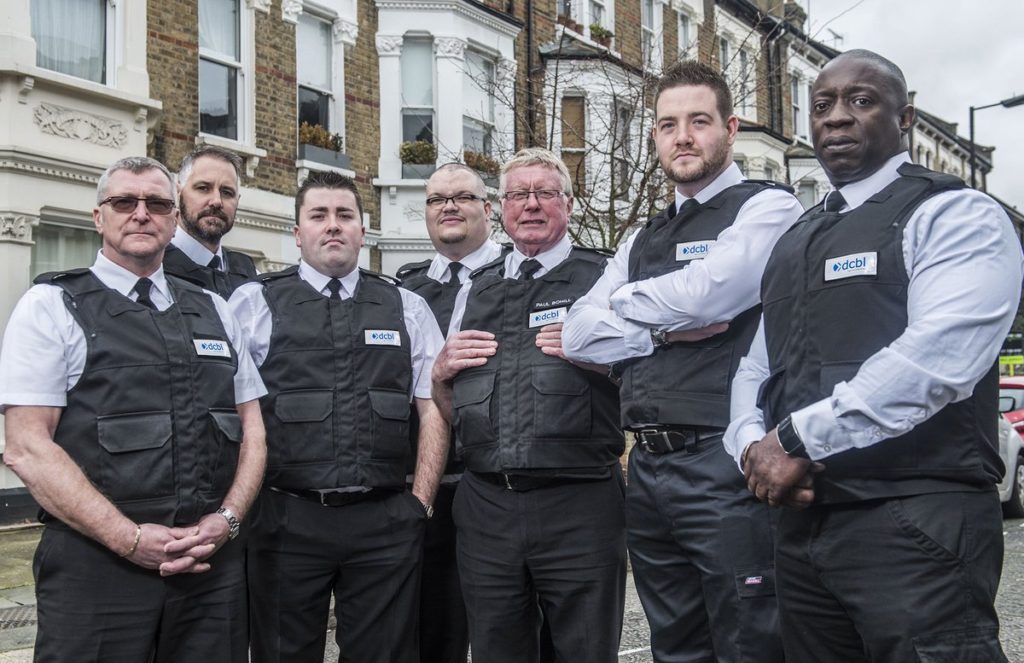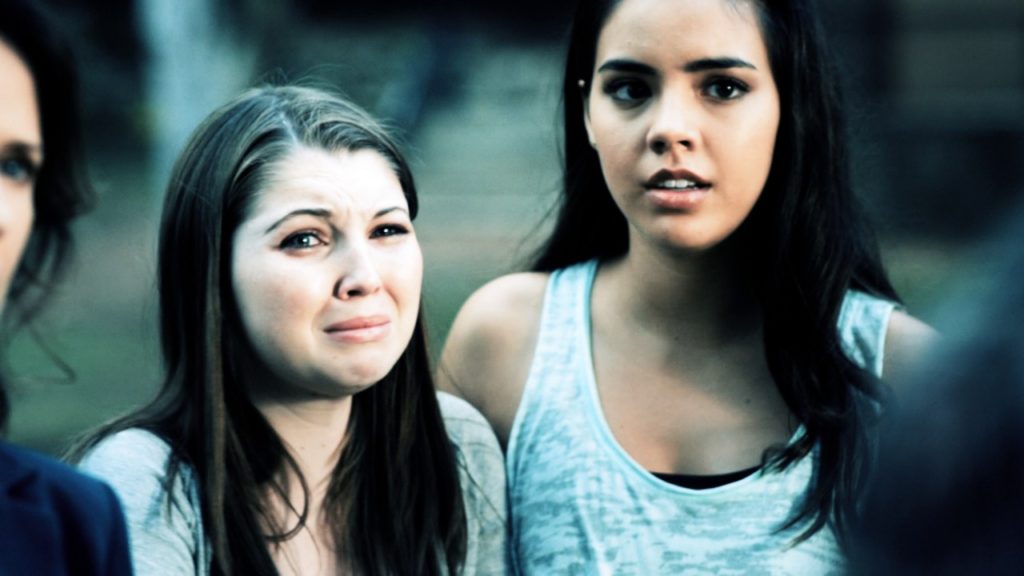
fciwomenswrestling.com, femcompetitor.com article, pixabay.com photo credit
Unexpected experiences in life can be startling and unnerving.
Especially if you find yourself as a focus in the intriguing Netflix series “Can’t Pay? We’ll Take It Away!”
The show is intriguing in the sense its captivating to watch people get pulled from a car in a non-fatal accident, except the car is most often their house.

Can’t Pay? We’ll Take It Away! is a factual/reality documentary series following the work of High Court Enforcement Officers (also known as Sheriff’s Officers) as they execute High Court writs up and down the country of England, on those who have failed to make repayments on a debt or refuse to vacate a property. The series was first broadcast on 24 February 2014.
As you watch the High Court Agents in their bullet proof vests enforce their writs and literally kick people out of their homes, without notice, within hours, it’s a very sad but interesting series to watch.
As far as the people who are getting evicted goes, there are a number of personality profiles that you seem to see over and over.
There are those who have not paid their debts and have no intention of paying their debts and it’s hard to have sympathy for them.
There are others who were in complete denial, are trying to sort out their lives and are finally forced to face up to their financial problems.
You have a little sympathy for them.
The next scenarios that we’ve seen is when a family with small children are being evicted and have no place to stay. Often the husband is working but he just doesn’t make enough money.
The worst is a single mother with children who has little to no income, the Housing Authority is slow in finding them a shelter and they are the ones who will literally end up on the streets. Their cars have been seized so they don’t even have their vehicles as a residential backup.
The question we have is who were these women before they found themselves in these unfortunate situations?
The one consistent factor is they got pregnant when they were young.
WHEN THEY WERE YOUNG

How many times have you watched movies or documentaries where teenage girls are riding on a school bus and virtually all of their lives are full of promise?
They are young, good looking to beautiful, full of life and often giggling and talking about boys.
Ah the boys.
Unknown to many of them, that attractive boy could be the fork in the road that leads their lives towards decades of struggle as opposed to the life that they will eventually want for themselves.
The operative word is “eventually” because how many girls at 14-16 years old really know what they want?
In our circle we knew of more than one dad who would absolutely never let their daughters date in high school.
Hands down no.
Our profile data compared to the rest of the population is a little skewed because many of us were once in organized religion.
Beyond the moral aspects, their thinking was that the younger a girl is, emotionally the less she is equipped to deal with the dynamics of having sex and its long-term consequences.
We see this played out in a penetrating but disappointing way in the Lifetime Movie “Zoe Gone”.

The storyline unfolds as sixteen-year-old Jennifer Lynn’s life is turned upside down when she gives birth to baby Zoe. Being a teen mom is not what she had planned for high school. She really hates being a teen mom and makes that clear in no uncertain terms.
Once a cute chick, at high school her status has now changed into the moron who allowed herself to get pregnant. Many of the other girls in school are sexually active but they are using some form of birth control.
Duh.
They view her like a welfare mom only she lives with her mother.
Matters become even worse when her boyfriend who stated he would help her get through this of course doesn’t.
Instead he starts sleeping with other girls.
The key ingredient is that her biological father is not there.
Yes her stepfather is a caring and reasonable guy but as most stepfathers know, their role is to get along with their girlfriend’s daughter and in terms of laying down the important rules, that role belongs to the mother.
This leaves the teen girl involved ripe for the pickings.
In the film, once her baby is found after being abducted, the teen has to make a decision whether to keep the baby and eventually find herself on shows like PAY UP NOW! or give her flesh and blood up for adoption to a wealthy couple who can provide for her and give Zoe a bright future.
Both options seem awful.
In a teen runaway film 1 Out Of 7, young Lexi (Laura Ramsey) finds herself alone and pregnant on the streets. Seemingly beyond hope, she must turn to Devon (Vivica A. Fox), a woman with her own demons, to help her find a way back from her past mistakes.
While on the streets in Portland she meets Eric who is very helpful and soothing for her. They fall in love and she gets pregnant. Eric is a nice guy except he’s a junkie thus predictably abandons Lexi, leaving her alone to raise her baby.
She eventually meets up with her mother again and the interesting tone to her narration is that she is going to have a happy ending raising her child.
Who is kidding who?
Her life is changed forever. Lexi didn’t have a father in her life and now her baby will have a strong possibility of not having one as well.
A common thread in teen pregnancies is a lack of a strong father figure in the home or none at all.
According to a May 4, 2016 article in teenvogue.com, they report, “Two-thirds of young unmarried mothers are poor, with 25% going on welfare within three years of a child’s birth.”
They source the National Conference of State Legislatures, “Teen Pregnancy Prevention”
LIVING THE LIFE THAT THEY WANT

There are many repercussions to having a child in your teens and one of them is that the girl involved usually does not have the chance to live the life that she really wants.
She is now forced to live the life that she has to, complete with a string of future boyfriends who will add to her child count but rarely be the personality profile that can shoulder the responsibility of being a good provider and father.
Does the life of a college educated woman always work out?
Not perfectly but far better than the ones without because she has choices and options and the ability to financially take care of herself.
We can comfortably go back to the subject of sex.
When asking one of the fathers involved that wouldn’t allow his daughter to date in high school, who we’ll call Matthew, about how he felt about his daughter having a string of lovers in college or her corporate career his response was a little surprising.
We thought he made that decision based upon biblical morality.
He didn’t.
As far as the lovers go, he never asked and his daughters never spoke about it. His position was that she is now an adult and she can sleep with whomever she wants. He can’t control that nor is he even interested in doing so.
Having said that, she is now responsible for the consequences.
A minor is not.
As she gets older and her career gets stronger, she will typically make better decisions about the men that she allows into her life, not for fear of her father but for concern of not ruining a great career.
When we examine the female fictional characters on television that have it all, beauty, a great career, devoted husband and family and fascinating life, it mostly doesn’t ring true.
The characters in Law & Order, in particular Jack McCoy’s string of gorgeous young Assistant District Attorneys, their lifestyle does appear closer to art imitating life.
ADA Jamie was divorced but most of the other actresses on the show were single. They made a great living but the majority were not married nor went home to this ideal fantasy life that rarely exists.
Elisabeth Rohm as Serena Southerlyn was one of my favorites because she admitted to having a wild side when she was younger but we never saw a steady boyfriend or husband introduced.
What I admired most about all of them was that they were living a life that they chose and there were no bailiffs knocking at their doors.
If a crew were to take a camera and film a bus full of teenage girls in any time period, they would see beautiful faces of hope and promise. Even in lower socio economic neighborhoods if they wanted to pursue college, they could.
When you watch the faces of the young mothers on the asset recovery shows, you can see at one time that they were that beautiful teenage girl on the bus with a bright future.
Who they eventually evolved into after making the wrong decisions is extremely sad and often a remote shell of who they could have been and the vibrant teen they once were.
After their residence they once rented is repossessed, you see them walking down the street with the little ones in tow towards a very frightening and uncertain future, possibly a life on the streets.
The father is typically nowhere in sight.
The fathers that we spoke to about this subject wanted to make sure that was not their daughter’s future, even if the two of them were not close.
It’s a deeply sad image.
If you have a teen daughter, those dynamics are really something to think about while she is still in the home.

As reported at NBC NEWS, “Daughters of teen mothers are three times more likely to become teen parents themselves than girls born to older moms, says the National Campaign, while sons born to young teens are significantly more likely to be incarcerated. And the research shows that children born to teen parents tend to struggle socially and academically to keep up with their peers.”
Having a college education doesn’t guarantee a young woman a perfect life.
Not having one will tend to send her down a pathway of limited choices.
We think the beautiful girls of Law & Order make a strong case for that.
So do the single moms who are the focus of asset recovery shows.
The suggestion is to raise your daughter in a way that propels her to a future with better choices and options.
~ ~ ~
https://en.wikipedia.org/wiki/Can%27t_Pay%3F_We%27ll_Take_It_Away!
http://www.teenvogue.com/story/teen-pregnancy-prevention-facts
http://www.imdb.com/title/tt1523987/
www.mylifetime.com/movies/zoe-gone



